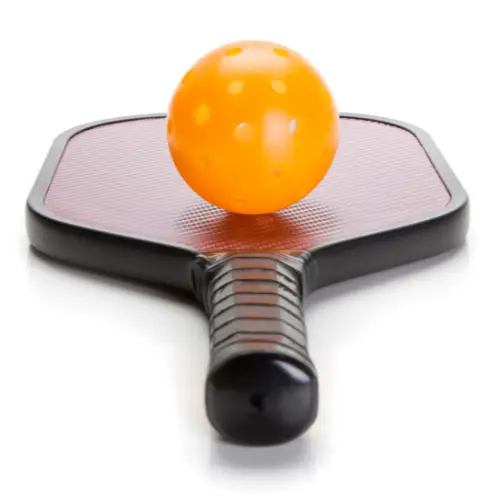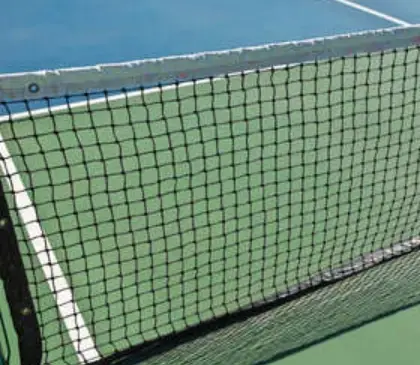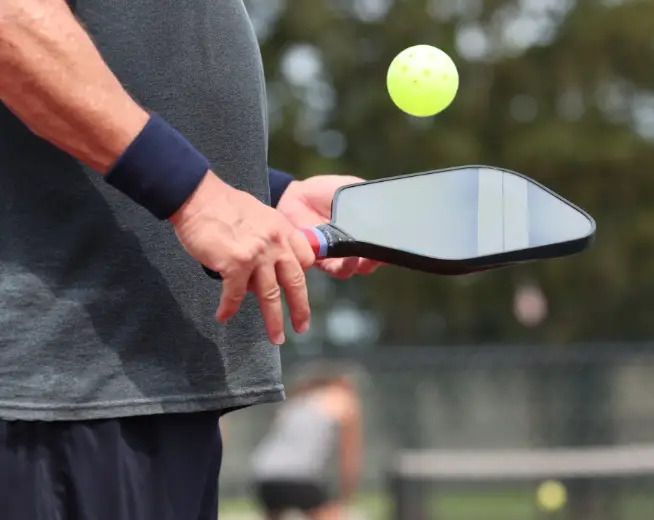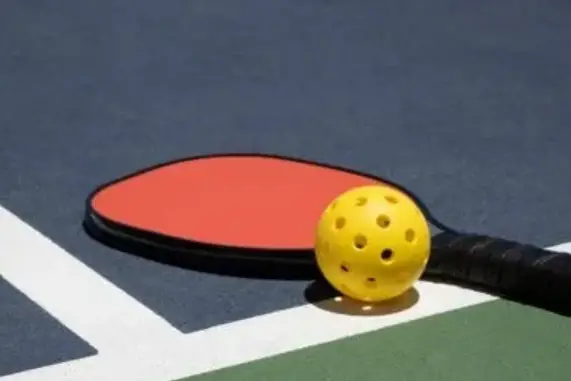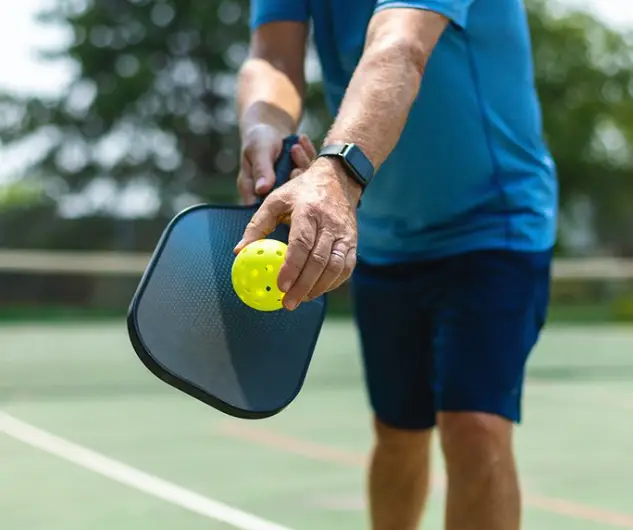Pickleball is a sport that has been gaining popularity in recent years. It is a combination of badminton, tennis, and table tennis, and is played on a smaller court with a smaller net and a lightweight ball. The game is fun and easy to learn, making it a great option for people of all ages and skill levels. However, like any sport, there are rules and regulations that must be followed.
A fault in pickleball is a violation of the rules of the game. Examples of faults include hitting the ball out of bounds, hitting the ball before it has crossed the net, or hitting the ball more than once on a serve. When a fault is called, the point is awarded to the opposing team, and play continues. A player may also be penalized with a loss of serve or a point if they commit multiple faults in a row.
One of the most important aspects of pickleball is understanding what constitutes a fault in the game. In this article, we will explore the various types of faults that can occur in pickleball and what players should do to avoid them. Whether you are a beginner or an experienced player, understanding faults in pickleball are essential to playing the game correctly and fairly.
What Are Common Types Of Faults In Pickleball?
- Foot Fault: This occurs when a player steps on or over the non-volley zone line (kitchen) before hitting the ball. This is a common fault among players who are new to the game or those who are not familiar with the court boundaries.
- Volley Fault: This occurs when a player volleys the ball in the non-volley zone (kitchen). Volleying is only allowed outside the non-volley zone, and players must let the ball bounce first before hitting it.
- Double Hit Fault: This occurs when a player hits the ball twice in succession before it has crossed the net. This is considered a fault, as players are only allowed to hit the ball once per rally.
- Carry Fault: This occurs when a player hits the ball with a spinning motion, causing it to spin in the air. This is considered a fault, as players are not allowed to use any type of spin on the ball.
- Out-of-Bounds Fault: This occurs when a player hits the ball out of bounds. This can happen when the ball goes over the side or back boundary lines of the court.
- Net Fault: This occurs when a player hits the ball and it lands on the net before crossing to the opponent’s side. This is considered a fault, as the ball must clear the net before it can be considered in play.
- Let Fault: This occurs when a player hits the ball and it lands in the correct area but is judged by the umpire to be too soft to be considered in play. This is considered a fault and the point is awarded to the opposing team.
- Hindrance Fault: This occurs when a player’s actions or movements obstruct or interfere with the opponent’s ability to hit the ball. This can include making noise, talking, or moving in a way that distracts the opponent.
What Are The Consequences Of Committing A Fault?
- Committing a fault can have a wide range of consequences depending on the nature and severity of the fault. Some common consequences include:
- Legal consequences: Depending on the fault, it may be considered a criminal offense, and the person committing the fault may face legal charges, fines, or even imprisonment.
- Professional consequences: In certain professions, committing a fault may result in disciplinary action, suspension or termination of employment, or loss of professional licenses.
- Financial consequences: Faults such as fraud or embezzlement can result in significant financial losses for the person committing the fault or the organization they work for.
- Reputation consequences: Committing a fault can damage a person’s reputation and may make it difficult for them to find employment or business opportunities in the future.
- Emotional consequences: Committing a fault can be emotionally taxing for the person involved, as they may feel guilty or ashamed about their actions.
- Relationship consequences: Faults such as infidelity or betrayal can damage personal relationships and may lead to the end of a relationship.
- Social consequences: Committing a fault can also lead to social exclusion, as people may avoid or shun the person who has committed the fault.
How To Avoid Committing Faults
Overhitting: One of the most common faults in pickleball is overhitting. This occurs when players hit the ball too hard, making it difficult for their opponents to return it. To avoid overhitting, players should focus on making contact with the ball at the sweet spot of their paddle and using a relaxed grip.
Not paying attention to the ball: Another common fault is not paying attention to the ball. Players should always keep their eyes on the ball and be aware of its trajectory. This will help them anticipate where the ball will land and react accordingly.
Not moving to the ball: Players should also be aware of their positioning on the court. It is important to move to the ball and be in the correct position to return it. This will help players maximize their chances of making a successful return.
Not communicating: Communication is key in pickleball. Players should communicate with their partners and let them know where they are going to hit the ball. This will help to avoid confusion and make sure that both players are on the same page.
Not being patient: Finally, players should be patient and not rush their shots. It is important to take the time to set up and make a good shot. Rushing shots can lead to errors and make it more difficult to win the point.
Conclusion
A fault in pickleball occurs when a player commits an infraction of the rules, such as hitting the ball out of bounds, hitting the ball before it has had a chance to pass the non-volley zone, or serving the ball incorrectly. A player who commits a fault loses the point. In conclusion, a fault in pickleball is a violation of the rules that results in a point loss for the player who committed the infraction.
